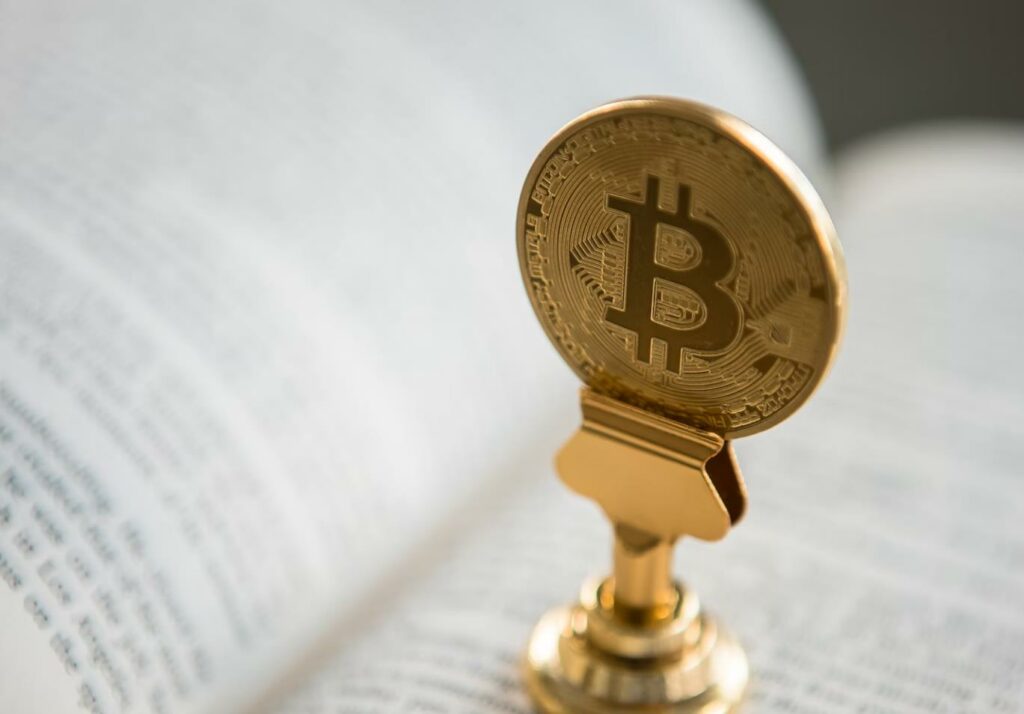Leading cryptocurrency data provider Glassnode has revealed that long-term Bitcoin BTC -3.11% holders send only 0.004% of their Bitcoin holdings to cryptocurrency exchanges.
The figure highlights the minimal activity of long-term bitcoin holders sending their holdings to exchanges relative to the total bitcoin supply.
Additionally, it highlights their indifference to the recent regulatory allegations that major exchanges such as Binance and Coinbase have faced.
Despite the apparent market pressure and uncertainty, long-term Bitcoin holders continue to remain calm and shrug off the regulatory allegations.
This suggests that they either do not view the allegations as a significant threat, or they have a strong belief in the long-term value of Bitcoin, which makes them relatively immune to short-term market volatility and events.
Earlier this month, on June 5, the U.S. Securities and Exchange Commission (SEC) filed a lawsuit against one of the largest cryptocurrency exchanges, Binance, and its founder, CZ, for violating U.S. securities regulations. Then, on June 6, the SEC took legal action against another prominent cryptocurrency exchange, Coinbase, in New York federal court.
The data provided by Glassnode is a testament to the resilience and conviction of long-term Bitcoin holders who have chosen to maintain their positions rather than liquidate their holdings in response to recent regulatory developments.
While these allegations have generated a great deal of attention and concern in the cryptocurrency industry, these holders appear to be expressing strong belief in Bitcoin’s long-term prospects.
Bitcoin, the world’s leading cryptocurrency, has faced numerous regulatory challenges throughout its history. However, it has consistently demonstrated resilience and the ability to bounce back from these obstacles. This resilience is attributed to the decentralized nature of the Bitcoin network, which operates independently of any central authority and enjoys widespread adoption and support from various sectors.
The regulatory scrutiny Binance and Coinbase face is part of a broader trend of increased regulation in the cryptocurrency industry.
Regulators around the world are seeking to create frameworks to address issues related to investor protection, financial stability and anti-money laundering measures. While these efforts are critical to the long-term growth and maturity of the industry, they also create challenges and uncertainties for market participants.






